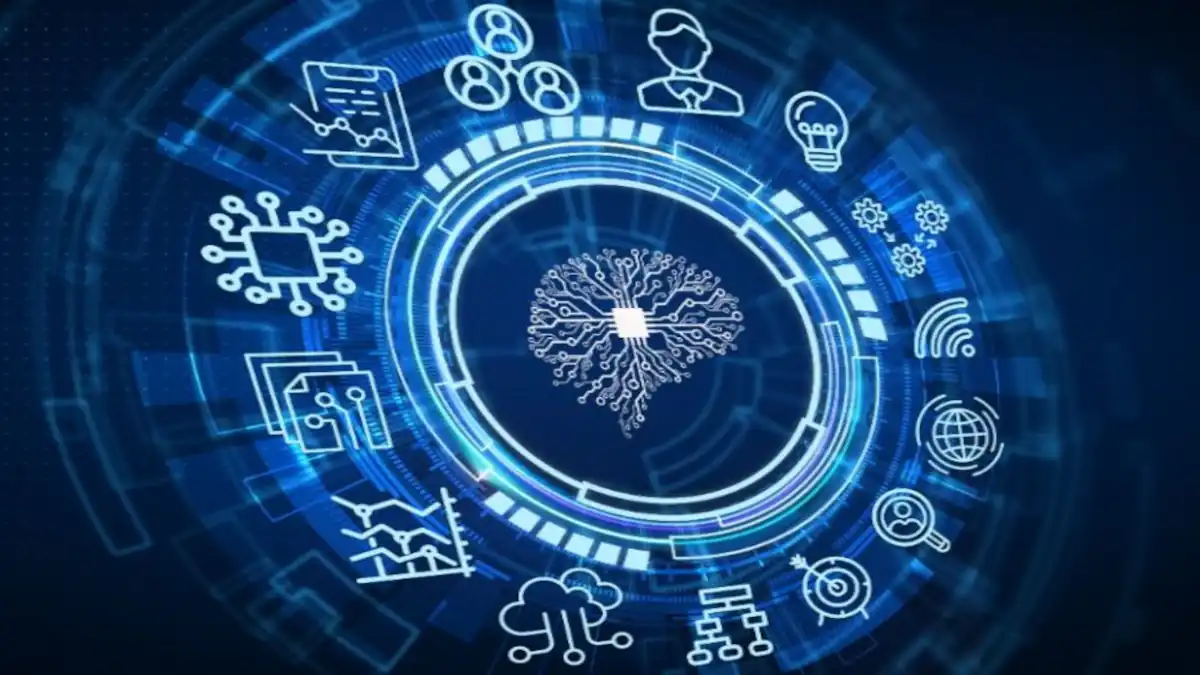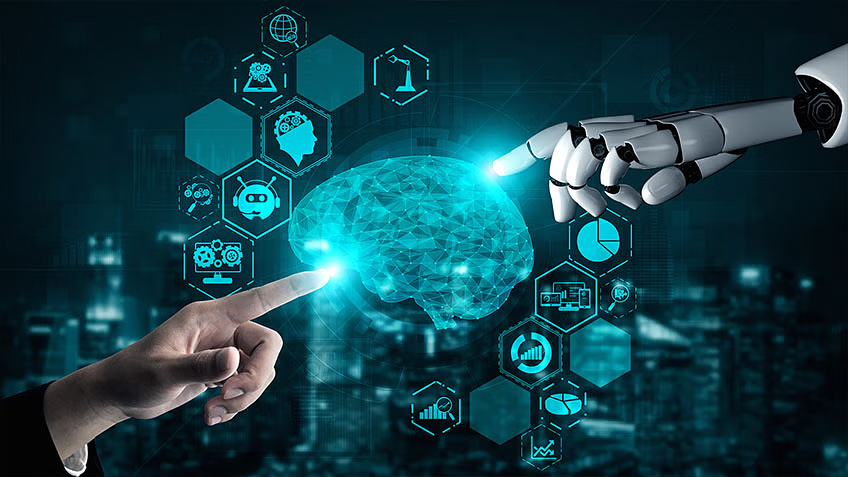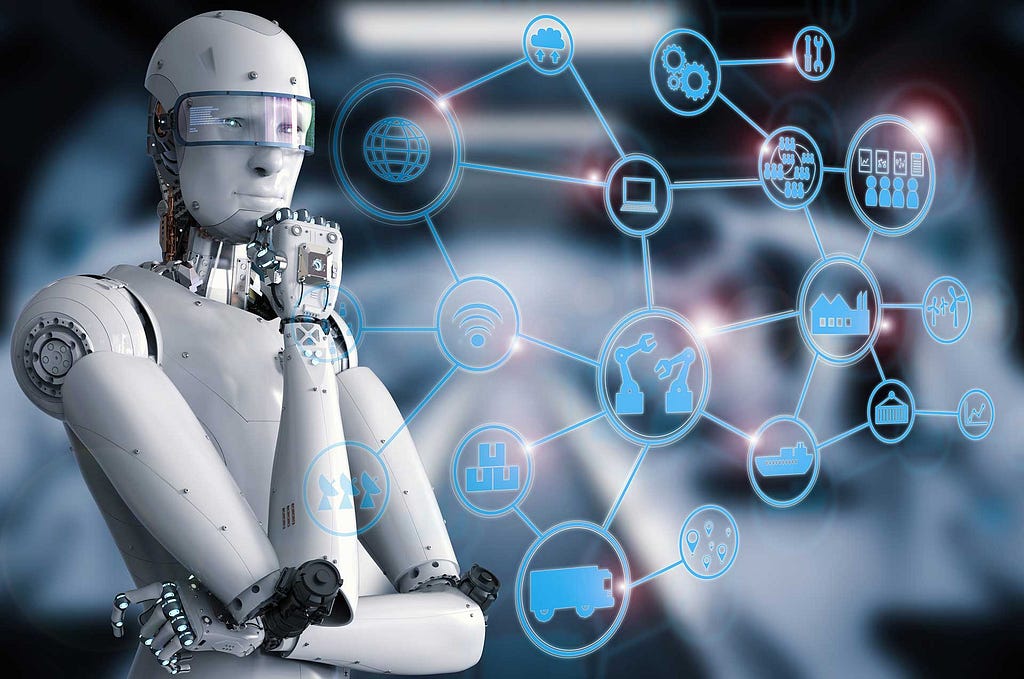As deep learning continues to evolve, it is reshaping industries, enhancing human capabilities, and addressing some of the most pressing challenges of our time. In this extended exploration, we delve deeper into the sophisticated techniques, groundbreaking applications, and ethical considerations that define the future landscape of deep learning.
Advanced Techniques in Deep Learning
- Neural Architecture Search (NAS):
- Concept: NAS automates the design of neural network architectures, identifying optimal configurations for specific tasks. This approach reduces the manual effort required in model design.
- Applications: NAS has been used to develop state-of-the-art models in image classification, natural language processing, and speech recognition, achieving superior performance compared to manually designed architectures.
- Neuro-Symbolic AI:
- Hybrid Models: Combining the strengths of neural networks and symbolic reasoning, neuro-symbolic AI enhances the interpretability and reasoning capabilities of AI systems.
- Use Cases: These models are applied in areas requiring complex reasoning and knowledge representation, such as natural language understanding, scientific discovery, and legal reasoning.
- Continual Learning:
- Lifelong Learning: Continual learning enables AI models to learn and adapt over time without forgetting previously acquired knowledge. This is crucial for applications requiring long-term autonomy and adaptability.
- Challenges: Addressing catastrophic forgetting—where new learning overwrites existing knowledge—is a key focus in continual learning research.
- Sparse Neural Networks:
- Efficiency: Sparse neural networks reduce computational complexity and memory usage by selectively activating a subset of neurons during inference. This approach makes AI models more efficient and scalable.
- Implementation: Techniques such as pruning, quantization, and low-rank factorization are used to create sparse networks, making them suitable for deployment on resource-constrained devices.
Pioneering Applications
- Personalized Medicine:
- Precision Health: Deep learning models analyze genetic, environmental, and lifestyle data to provide personalized healthcare recommendations and treatments. This leads to improved patient outcomes and optimized healthcare delivery.
- Predictive Analytics: AI predicts disease progression and treatment responses, enabling proactive and preventive healthcare measures.
- Cultural Heritage Preservation:
- Digital Reconstruction: AI helps reconstruct and restore cultural artifacts, historical sites, and artworks. Deep learning models analyze damaged or incomplete artifacts, aiding in their digital restoration and preservation.
- Virtual Museums: AI-powered virtual museums provide immersive experiences, allowing people worldwide to explore cultural heritage sites and artifacts in virtual environments.
- Disaster Response and Recovery:
- Real-Time Monitoring: AI systems monitor natural disasters, such as earthquakes, hurricanes, and floods, in real-time. They analyze data from various sources to provide early warnings and support disaster response efforts.
- Resource Allocation: AI optimizes the allocation of resources during disaster recovery, ensuring timely and efficient distribution of aid and services to affected areas.
- Smart Agriculture:
- Precision Farming: AI-driven precision farming techniques optimize crop management by analyzing soil health, weather conditions, and plant growth patterns. This increases crop yield and reduces resource consumption.
- Pest and Disease Detection: Deep learning models detect pests and diseases in crops at early stages, enabling timely interventions and minimizing crop losses.
Ethical and Societal Dimensions
- Algorithmic Transparency:
- Explainable AI (XAI): Ensuring that AI systems are transparent and explainable is essential for building trust and accountability. XAI techniques provide insights into how models make decisions, facilitating their adoption in critical sectors.
- Regulatory Compliance: Transparent AI systems help organizations comply with regulations and standards, ensuring ethical and lawful use of AI technologies.
- Bias and Fairness:
- Bias Detection and Mitigation: Developing methods to detect and mitigate biases in AI models is crucial for ensuring fairness. This includes creating diverse and representative datasets and employing fairness-aware algorithms.
- Ethical AI Frameworks: Establishing ethical AI frameworks and guidelines helps organizations develop and deploy AI systems that are fair, unbiased, and socially responsible.
- AI and Employment:
- Job Displacement and Creation: While AI may displace certain jobs, it also creates new opportunities in AI development, deployment, and oversight. Ensuring that the workforce is equipped with the necessary skills through education and training programs is vital.
- Economic Equity: Addressing economic disparities involves ensuring that the benefits of AI are distributed equitably across all societal segments, preventing the concentration of wealth and power.
- Human-AI Collaboration:
- Augmented Intelligence: AI systems augment human capabilities, enabling individuals to perform tasks more efficiently and effectively. This collaboration enhances productivity and innovation across various domains.
- Trust and Empathy: Building AI systems that understand and respond to human emotions fosters trust and enhances the user experience. Empathetic AI systems can provide more personalized and meaningful interactions.
Future Prospects
- Interdisciplinary AI Research:
- Convergence of Disciplines: The convergence of AI with fields such as neuroscience, psychology, and social sciences leads to a deeper understanding of intelligence and human behavior, driving innovative solutions to complex problems.
- Collaborative Ecosystems: Fostering interdisciplinary research ecosystems enhances collaboration and accelerates the development of AI technologies that address multifaceted global challenges.
- AI for Global Challenges:
- Sustainable Development Goals (SDGs): AI contributes to achieving the United Nations’ Sustainable Development Goals by addressing issues such as poverty, hunger, education, and environmental sustainability.
- Global Health Initiatives: AI supports global health initiatives by improving disease surveillance, optimizing vaccine distribution, and enhancing healthcare accessibility in underserved regions.
- Quantum AI Advancements:
- Quantum Machine Learning (QML): QML leverages the principles of quantum computing to develop new algorithms for machine learning tasks, offering potential speedups and improved performance for complex problems.
- Hybrid Systems: Integrating quantum and classical computing creates hybrid systems that capitalize on the strengths of both paradigms, pushing the boundaries of what is computationally feasible.
- AI in Space Exploration:
- Autonomous Space Missions: AI-powered autonomous systems enable space missions to explore distant planets and celestial bodies, making real-time decisions and conducting scientific experiments without human intervention.
- Astrobiology Research: AI analyzes vast amounts of data from space missions to identify potential signs of life and understand the conditions necessary for life beyond Earth.
Conclusion
Deep learning is a beacon of innovation and transformation, driving advancements across diverse fields and addressing critical global challenges. From pioneering techniques like neural architecture search and neuro-symbolic AI to revolutionary applications in personalized medicine, cultural heritage preservation, and smart agriculture, the impact of deep learning is profound. Ethical considerations, such as algorithmic transparency, bias mitigation, and human-AI collaboration, guide the responsible development and deployment of AI technologies.
As we look to the future, interdisciplinary research, AI for global challenges, quantum AI advancements, and AI in space exploration promise to unlock new possibilities and revolutionize our understanding of the universe. By harnessing the power of deep learning responsibly and equitably, we can create a smarter, more sustainable, and inclusive world, shaping a future where AI serves the greater good of humanity. The journey of deep learning is just beginning, and its potential to transform our lives is limitless.



